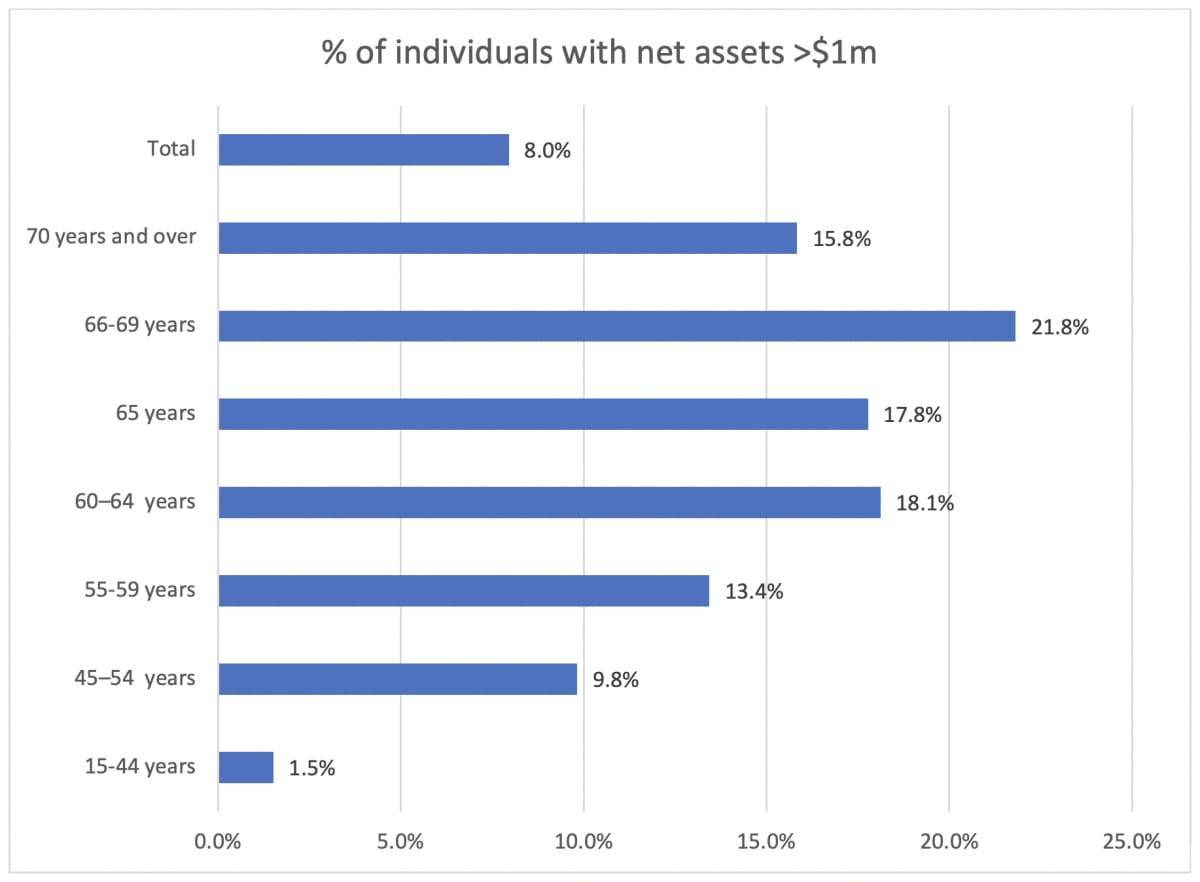Imagine yourself in the place of the MBIE boffin tasked with deciding which application for a scarce MIQ space is most deserving or most needed.
The job isn't easy.
The government keeps a small number of spaces in MIQ for getting critical workers in. But somebody has to decide which workers are most critical. Applicants fill in forms to make their case, but that won't help a pile. Every applicant will have incentive to present the most sympathetic case possible, and whoever is assessing the cases has to figure out how much overstatement is present in any of them.
Think only about agriculture for a moment.
I can easily sympathise with the horticulture folks who are looking at just horrible losses because they can't get workers in through MIQ to do the picking.
There are lots of calls for them to just pay more, but it can easily be the case that differences in worker productivity at wages paid, combined with fairly elastic demand for the picked product, mean that the growers really don't have space to move. If paying what it would take to get Kiwis to move out to where the crops are and pick them would exceed the value of the picked crop, it makes more sense to let it rot in the field.
Should the expert zucchini picker from Thailand get the next space?
Or should it go instead to experts in driving the specialised equipment used in silage harvesting?
Seven Sharp covered it last month, suggesting that certification in driving the rigs is a five-year process. I've watched the video, and honestly it doesn't look that much different than the old Gleaner L2 we ran decades ago. Hydrostatic drive, rear wheel steering, pick-up header, more controls (and steering!) on the joystick than the L2 had but the basic concepts are the same. I'd imagine that, in a pinch, any retired farmer could do it if they had basic familiarity with other harvesters. Heck, I'd even like to imagine that I could do it if I watched an expert driving around for a few rounds then had the expert supervise me for a few rounds - even though Dad never let me drive the Gleaner and instead had me in the dusty dusty grain trucks as opposed to the lovely air-conditioned cab of the L2. I'd
watch the tutorial, note the autopilot button (no tractor I've ever driven had autopilot!), and have at.
But I could really really easily be wrong, and those machines are worth a lot of money. Some of the fields here have crazy hillsides and hazards that might really really need an expert, especially if they're often running a straight-cut header rather than just a pick-up reel.
How is it that some desk-jockey in Wellington has to decide whether it's more pressing to get a harvester-driver in, or a horticulture worker, or an engineer? Some applications sound more plausible, but Wellington desk jockeys like me aren't expert in any of it even if we drove tractors when we were kids. We don't have the knowledge necessary to make the call and we can't acquire the knowledge necessary to make the call. Who should get the next spot will depend on a big mix of how expensive it is to get a local trained up to do the job, how urgent it is, the value at risk if the job doesn't get done or gets done to a lower standard, and piles of other considerations that would be hard to credibly convey to somebody at a desk in Wellington.
The shadow price of MIQ spaces has to be in at least the tens of thousands of dollars, and much higher than that in cases that would be inframarginal in any sane world but are still knocked by by MBIE bureaucrats. We hear of cases of projects running in the tens and hundreds of millions that are held up because the relevant MBIE officials figure that engineers are all perfect substitutes for each other and that a specialist from overseas could be perfectly replaced by a local who doesn't know the kit. To me those engineering cases sound more plausible than that a retired farmer couldn't train up to drive newer harvesting equipment, but that's just a reckon on my part. I can't know for sure. And neither can the MBIE decider.
The only real way of knowing which uses are highest value for a fixed number of scarce spaces would be to auction the spaces held for overseas workers. The companies that would have the hardest time finding a local to do the job and with the most value at stake would outbid the others.
I really doubt that someone who might pick zucchinis would get the next space, but fair enough if so. The point of an auction system is to discover the most valuable ways of allocating scarce spaces.
And if you don't like that money then picks winners, consider that the alternative saves piles of spaces for stupid boat races because Ministers think that subsidised boat races are more important than any other business purpose or family need. The alternative to letting those benefitting from the spaces decide it amongst themselves through an auction is leaving it with people with less knowledge and worse incentives. Imagine if we tried dealing with housing scarcity in Auckland by abolishing house auctions and letting the Ministry of Housing evaluate applications to buy houses. They'd have given half the houses in Auckland to the boat race people by now, and another quarter to anyone involved in horse racing.


